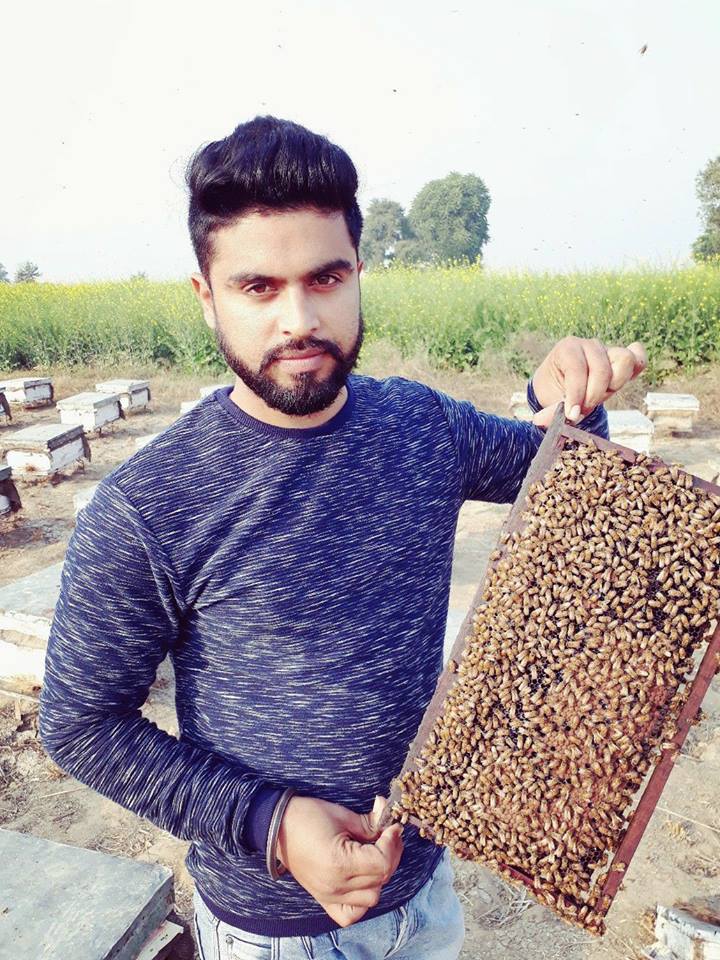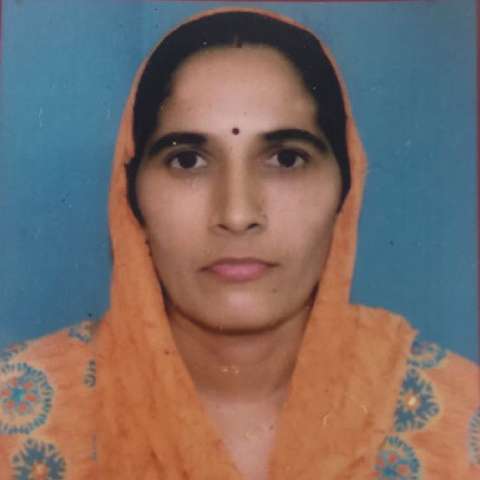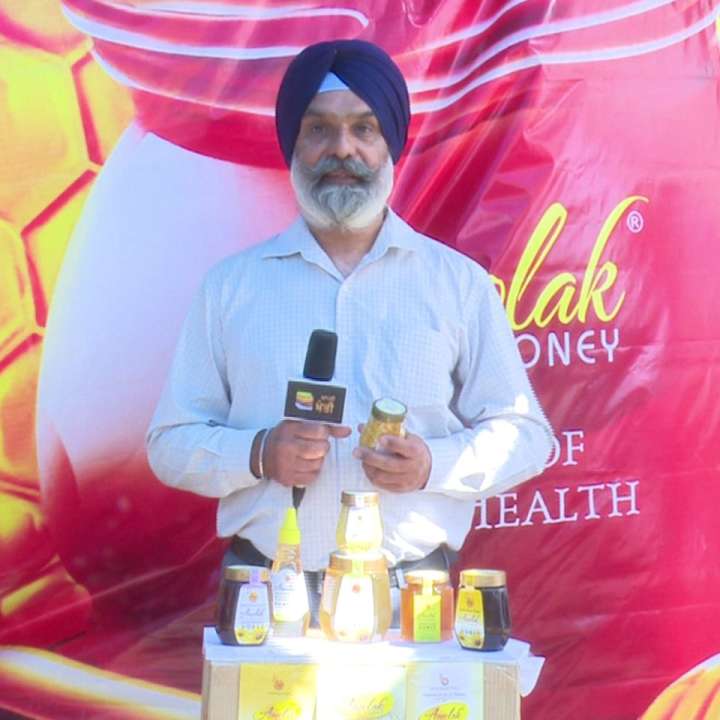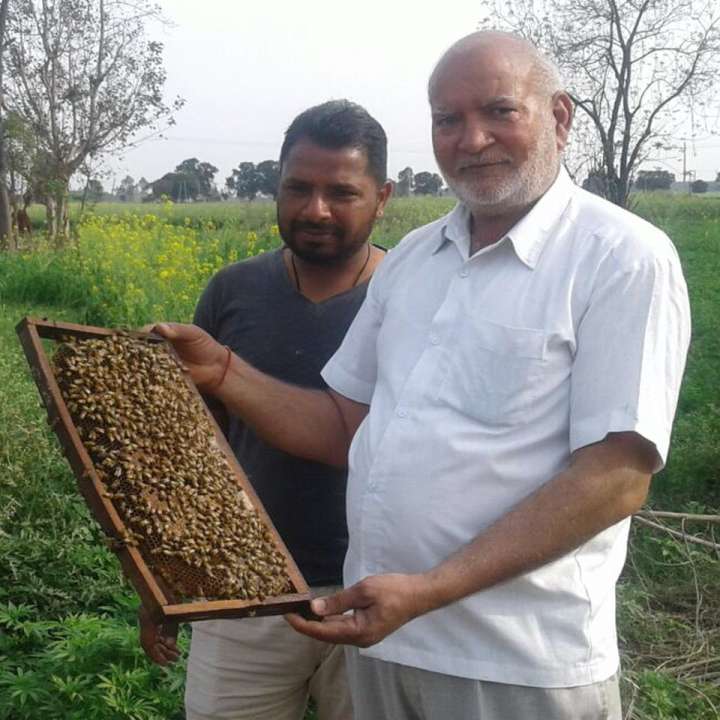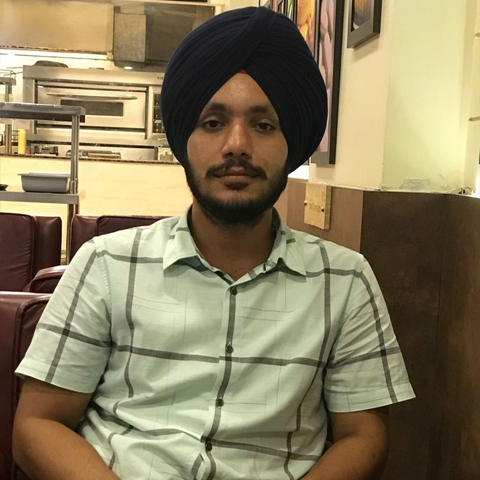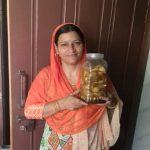Leaving the dream of settling abroad, this Bee-Keeper engrossed himself in his father’s profession.
Now-a-days, our young generation is more eager to settle down overseas because they feel that in abroad, they can have more secure future. But if we do our job with hard work and devotion by staying at our own nation, then we can have secure future in India too and need not to go anywhere else.
One such young man is Pawandeep Singh Arora. After completing his MA, Pawandeep first tried to settle down in abroad, in light of the fact that, as other youth, he additionally feels that there are more chances to work abroad.
Pawan’s uncle lived in Spain, so only after completing his matriculation, Pawan tended to go there. But due to some reasons, this desire remained unfulfilled, nevertheless, he continued his studies. As time passed, he noticed that his dream of going abroad is not working out. After completing his graduation, he opened a coaching centre with his sister. He closed the coaching centre after 2 years, when his sister got married.
Pawandeep’s father, Mr. Shamsher Singh, is into beekeeping farming since 1990. Being educated, Pawan wished either to go abroad or to have some good job here, because he did not want to continue this beekeeping business. But then his father began falling sick. At that time, Mr. Shamsher Singh was working at his Bee farm in Madhya Pradesh. The doctor advised him to take rest, due to which Pawan himself had to go to Madhya Pradesh to handle the work. That time, Pawan did not had any information about extracting honey, but after being on the farm for 4 months in Madhya Pradesh, he got enlighted himself with knowledge on beekeeping. He benefited a lot in this work. Gradually, Pawan’s interest started growing in the beekeeping and he decided to adopt beekeeping as his business and concentrated all his attention on this. To gain more knowledge about this, he also took 7 days’ beekeeping training from Krishi Vigyan Kendra, Amritsar. After developing an understanding about the extraction of honey, now Pawan is focused on the marketing of honey. He saw that traders are buying honey for INR 70-80 per/kg from him, and selling it for INR 300 per/kg.
“Traders buy honey at a cheaper price from us and sell it at a higher price. I thought I would no longer depend on merchants for selling the honey. For this purpose I decided to sell honey myself” – Pawandeep Singh Arora
Pawandeep first had 500 boxes of honey bees, but he reduced the number of boxes from 500 to 200, so that he could focus more on the marketing for his beekeeping and he also shifted 3 workers to do the work of packaging. He profited a lot by packing and selling honey himself. He visited various farmers’ fairs too and sold honey himself, from where he got good results from the people.
Being young made, Pawan understands the importance of social media. So he created a website to sell honey and also promoted it online, in which he got succeeded.
Now-a-days, due to lack of knowledge about marketing, beekeepers tend to close their honey farming. If the business of beekeeping is done with a knowledge of marketing, then a lot of profit can be made in this work too.
- Mustard Honey
- Eucalyptus honey
- Akashiya Honey
- Kashmiri Sawai honey
- Shisham Honey
- Litchi Honey
- Multiflora Honey
- Kher Honey
- Jamun Honey
- Java Plum Hone
- Berry Honey
- Ajwain Honey
Pawandeep extracts honey from different places such as river canals. He carries honey bees boxes on the sides of canals so that honey can be extracted, and then migrates them back so that they can be packed and made ready for selling. He prepares “A” grade honey, which completely freezes, which is the hallmark of real honey. People with low eyesight used honey prepared by his farm which improved their eyesight.
“We go to different places to extract honey, such as Jammu and Kashmir, Sirsa, Moradabad, Rajasthan, Rewari etc. Along with honey, we also extract Bee-Wax, Bee-pollen and Bee-Propolis which is sold at a very good price.” – Pawandeep Singh Arora
Along with honey, Pawan also processes turmeric. He takes raw turmeric from farmers and processes it and sells turmeric along with honey. Pawan’s father (Shamsher Singh), mother (Neelem Kumari) and wife (Ritika Saini) also helps him in this work. For this work, they get help from the girls in the village for packaging of honey.
After achieving success in the bee-keeping business, Pawan wants to take this business to a higher level and market different products.

